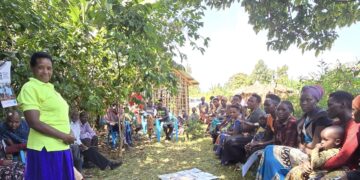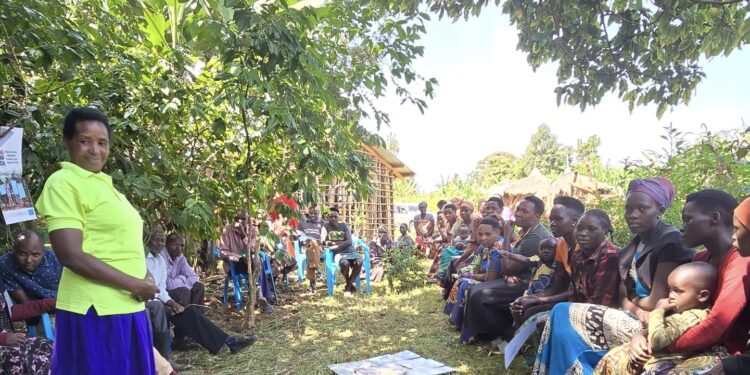Beatrice Cheptoek, a 54-year-old woman from Kween District, is a survivor of Female Genital Mutilation (FGM). The practice, which involves the partial or total removal of external female genitalia for non-medical reasons, left her with physical and emotional scars.
Despite the trauma, Beatrice is determined to protect her daughters and other girls in her community from undergoing the same fate.
Beatrice was forced to undergo FGM at 19 while five months pregnant with her first child. The experience left her bleeding and fearful for her unborn baby’s life.
She recalls the surgeon’s knife and the trauma that followed. Though she had eight children with her first husband and four with her second, both marriages ended in disappointment.
Determined to break the cycle, Beatrice ensured all her five daughters stayed in school. One is now an engineer, and the others are still pursuing their education. She believes their education has kept them safe from FGM.
Unfortunately, FGM persists in many rural Ugandan communities, including Sebei and Karamoja, despite being outlawed in 2010.
Beatrice reports that at least 11 girls in her area underwent FGM in 2024. She blames local surgeons who influence girls using cultural beliefs and witchcraft.
Now, Beatrice sensitizes her community about the dangers of FGM and the value of education through the UNICEF-supported campaign “I’m Her Keeper.”
She appeals to the government to support her efforts by establishing a functioning mixed secondary school in Binyiny, Tukumo Parish, where only two primary schools exist.
A secondary school was built in 2013 but closed in 2023 due to a lack of resources and unpaid volunteer teachers, which discouraged them from continuing.
“I dream of a Sabiny community where girls are free to the school, where early marriages stop, and where FGM becomes a thing of the past,” she says. For Beatrice, her story is no longer just about survival; it’s about creating change for future generations.











